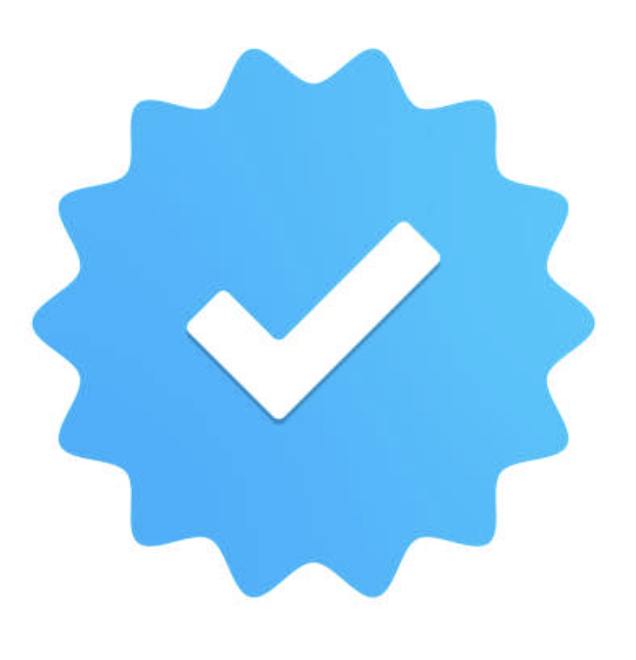Understanding the underlying causes and risk factors of sleep movement disorders is crucial for effective management. These disorders can have various etiologies, including genetic predisposition, iron deficiency, and certain medical conditions such as diabetes, kidney disease, and neurological disorders. For instance, RLS is often associated with low levels of iron in the brain and can be exacerbated by factors like pregnancy, chronic diseases, and certain medications. Stress and anxiety can also play a role in the onset and severity of these disorders. Diagnosis typically involves a thorough medical history, physical examination, and sometimes polysomnography (sleep study) to monitor and assess movement patterns during sleep. Treatment approaches vary depending on the specific disorder and may include lifestyle modifications, medications to manage symptoms, and addressing any underlying conditions contributing to the disorder. For instance, RLS may be treated with iron supplements or medications that affect dopamine levels, while sleep-related bruxism might be managed with dental guards and stress reduction techniques.
Restless Legs Syndrome (RLS): Also known as Willis-Ekbom disease, is a neurological disorder characterized by an uncontrollable urge to move the legs, often accompanied by uncomfortable sensations such as tingling, itching, or aching. These sensations typically occur during periods of rest or inactivity, particularly in the evening or at night, making it difficult to fall asleep or stay asleep. The primary symptoms include an irresistible need to move the legs to relieve discomfort. This can lead to difficulty falling asleep and frequent nighttime awakenings. The exact cause of RLS is unknown, but it is often associated with iron deficiency, chronic diseases such as kidney failure and diabetes, pregnancy, and certain medications. There is also a genetic component, as RLS can run in families.
Periodic Limb Movement Disorder (PLMD): PLMD involves repetitive, involuntary movements of the legs (and sometimes the arms) during sleep. These movements, which often occur every 20 to 40 seconds, can lead to frequent awakenings and fragmented sleep. Common symptoms include rhythmic leg movements that disrupt sleep, leading to excessive daytime sleepiness and fatigue. The causes of PLMD are not fully understood but may be related to RLS, certain medications, and other medical conditions. It is more common in older adults.
Sleep Bruxism: Often characterized by the grinding or clenching of teeth during sleep. This condition can lead to dental problems, jaw pain, headaches, and disrupted sleep. Symptoms include worn teeth, jaw discomfort, headaches upon waking, and disturbed sleep. Stress and anxiety are significant contributors to bruxism. Other factors include misaligned teeth, sleep apnea, and lifestyle factors such as caffeine or alcohol consumption.
Rhythmic Movement Disorder (RMD): Involves repetitive movements such as headbanging, body rocking, or head rolling that occur just before or during sleep. These movements are more common in infants and children but can persist into adulthood. The primary symptoms are repetitive, rhythmic movements that may lead to sleep disruption or injury. The exact cause is unknown, but stress and anxiety can exacerbate the condition. It is often seen in children with developmental disorders.
Nocturnal Leg Cramps: Often known to be sudden, involuntary contractions of the muscles, usually in the calves, that occur during sleep. These cramps can be extremely painful and disrupt sleep. Symptoms include intense muscle contractions lasting from a few seconds to several minutes, often leading to awakening and difficulty returning to sleep. Potential causes include dehydration, electrolyte imbalances, prolonged sitting or standing, and certain medications.
Treating sleep movement disorders involves a comprehensive approach tailored to the specific condition and its underlying causes. For restless legs syndrome (RLS) and periodic limb movement disorder (PLMD), treatment often begins with addressing lifestyle factors and potential underlying conditions. Ensuring adequate iron levels through diet or supplements can be particularly effective for RLS, as iron deficiency is a common contributor. Additionally, maintaining a regular sleep schedule, practicing good sleep hygiene, and incorporating moderate exercise can help alleviate symptoms. In more severe cases, medications such as dopamine agonists, anticonvulsants, or benzodiazepines may be prescribed to reduce symptoms and improve sleep quality.
For sleep-related bruxism, which involves teeth grinding or clenching, treatment focuses on protecting the teeth and managing any contributing factors such as stress or anxiety. Wearing a dental guard at night can prevent damage to the teeth and reduce jaw pain. Stress management techniques, such as cognitive-behavioral therapy (CBT), relaxation exercises, and biofeedback, can also be beneficial. In some cases, medications like muscle relaxants or botulinum toxin (Botox) injections may be used to reduce muscle activity and alleviate severe symptoms. Regular dental check-ups are important for monitoring and managing any dental issues related to bruxism.
Let us help you restore the natural rhythm of sleep, improving your quality of life. Same-week and sometimes even same-day appointments are often available for our clients.

The thoroughness of the doctor is unmatched in my experience.

They offered same-week appointments, which was a lifesaver! Arriving 45 minutes early, I braced myself for a wait, but to my surprise, they happily accommodated me. The friendly polite office staff further eased my nerves.

Highly recommend. A very professional doctor great experience.

The doctor was very knowledgeable and explained things very clearly. My concerns were addressed and she was very detailed with her explanations. I did not feel rushed during my visit and overall, had a pleasant experience with this provider.

Great! Very professional and can clearly answer all my questions. Put me at ease.

Great doctor, very knowledgeable and pleasant! Prior recommendation worked.